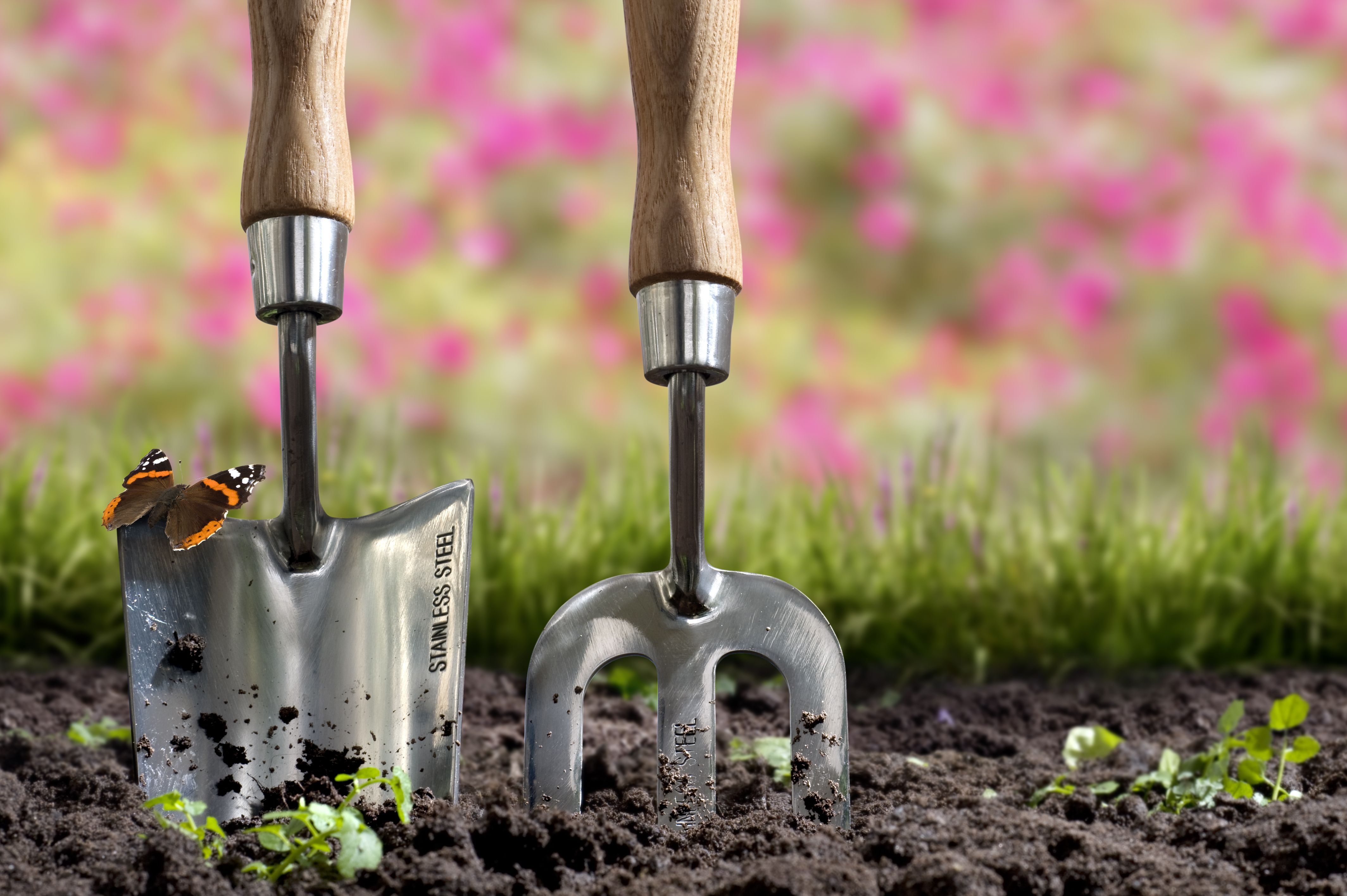Unlocking the Conveniences of Gardening: A Detailed Check Out the Different Types and Their Effect On Health
Checking out the diverse advantages of horticulture discloses a range of methods that substantially boost private well-being. From vegetable and natural herb yards to container and elevated bed setups, each type offers distinctive benefits that prolong past simple cultivation. These tasks not just foster physical wellness through active involvement however likewise add to psychological health by alleviating tension and encouraging mindfulness. As we examine these diverse horticulture approaches, it ends up being obvious that their effect can resonate on individual, social, and ecological degrees, motivating a more detailed consider just how these connections develop a natural story of all natural health and wellness.
Sorts Of Horticulture

Blossom gardening, another preferred classification, stresses the aesthetic allure of grown blooms. This kind can boost landscapes and advertise biodiversity by drawing in valuable pollinators. Herb horticulture involves growing fragrant and cooking plants, adding both to cooking and natural treatments.
Container gardening deals flexibility, making it possible for people with minimal room to participate in horticulture by using pots and planters. This approach is specifically popular in metropolitan settings. Raised bed horticulture, on the various other hand, includes developing elevated plots that improve soil water drainage and accessibility, making it easier for garden enthusiasts to manage their plants.
Lastly, community horticulture cultivates cooperation among individuals in shared areas, advertising social interaction and cumulative obligation. Each kind of horticulture serves distinct functions and accommodates various choices, making gardening a functional task that can be customized to private demands and environments.
Mental Health Advantages
Taking part in numerous kinds of gardening not only yields concrete rewards such as fresh produce and attractive blossoms but also uses considerable psychological health benefits. Research study shows that horticulture can be an effective tool for decreasing stress and anxiety, anxiety, and depression. The act of often tending to plants and cultivating a yard fosters a feeling of purpose and success, which can improve general emotional well-being.
Moreover, horticulture urges mindfulness, as it needs individuals to concentrate on the here and now moment, whether it be growing seeds or supporting growth. This mindfulness practice can lead to reduced rumination and boosted mood stability. The exposure to natural surroundings throughout horticulture has also been linked to boosted cognitive working and decreased feelings of tiredness.
Social interaction plays a critical duty in mental wellness, and area horticulture efforts offer possibilities for individuals to get in touch with others, cultivating a sense of belonging. The common experience of horticulture can grow friendships and support networks, further bolstering psychological durability.
Physical Wellness Perks
Numerous people might not understand that gardening also supplies substantial physical wellness benefits. Taking part in horticulture tasks requires a variety of physical motions, including bending, training, digging, and growing, which jointly add to improved strength, versatility, and endurance. These go to my blog actions can boost cardiovascular wellness by advertising an elevated heart rate, thus decreasing view publisher site the risk of cardiovascular disease.
Moreover, gardening can function as a moderate-intensity exercise, assisting people accomplish suggested exercise degrees. Research studies show that routine engagement in horticulture can shed substantial calories-- about 200-400 calories per hour, depending on the strength of the tasks done. Such calorie expense is valuable for weight administration and overall metabolic wellness.
In addition, direct exposure to sunshine throughout horticulture can facilitate the synthesis of vitamin D, which plays a vital role in preserving bone wellness and supporting immune function. Moreover, the act of gardening usually entails dealing with dirt, which has actually been connected to prospective mental and physical health advantages because of the visibility of useful microorganisms. Gardening.
Social Links Through Gardening
The public facets of gardening foster purposeful social connections amongst people. Area gardens, in particular, work as vivid centers where individuals from diverse histories come together, cultivating not just plants yet additionally partnerships. These common spaces encourage partnership, allowing individuals to exchange knowledge, skills, and resources, thus improving their horticulture experience and promoting a sense of belonging.
Interaction in horticulture tasks typically brings about the development of friendships and support networks. Participants often unite for usual objectives, such as growing periods, harvest parties, or instructional workshops, which enhance interpersonal ties and develop a feeling of community. Such communications can reduce feelings of seclusion and boost mental well-being, as people locate friendship and friendship in common endeavors.

Ecological Influence of Gardening
Gardening substantially adds to environmental sustainability in several ways. Home yards provide crucial habitats for numerous types, consisting of pollinators such as and butterflies, which are crucial for environment health and wellness.

Moreover, gardens play a crucial function in water conservation. Tactical landscapes, consisting of native plants and xeriscaping, lower water usage and prevent runoff, thereby securing neighborhood waterways from contamination.
Final Thought

The diverse kinds of horticulture-- consisting of vegetable, flower, herb, container, and elevated bed-- add to mental and physical health, foster social connections, and promote environmental sustainability. By involving in gardening practices, individuals can experience better top quality of life while additionally sustaining area bonds and environmental health and wellness.